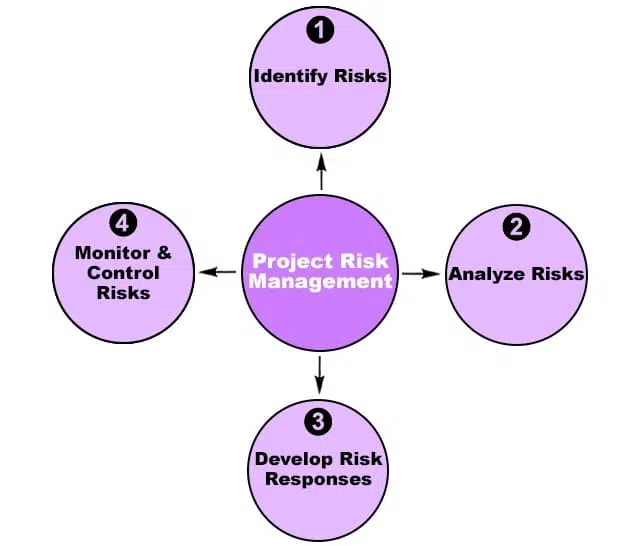The Inarguable Importance of Risk Management in Safeguarding Corporate Success
The Inarguable Importance of Risk Management in Safeguarding Corporate Success
Blog Article
The Value of Understanding the Importance of Risk Management in Different Industries

The Core Concept of Risk Management and Its Purpose
Risk Management, the foundation of several markets, rests on the identification, assessment, and mitigation of uncertainties in a service environment. It is an important practice that allows organizations to protect their assets, credibility, and total survival. By appropriately recognizing potential risks, businesses can develop techniques to either prevent these threats from taking place or reduce their impact. The assessment process includes assessing the possibility and prospective severity of these risks. The mitigation procedure includes designing methods to decrease their potential effect when dangers have been recognized and evaluated. This procedure is intermittent and continuous, making sure that organizations are prepared for the ever-changing nature of Risk in various markets. The main function, hence, is to foster strength among uncertainties.
Benefits of Applying Risk Management in Service Operations

Revealing the Role of Risk Management in Different Industries
While every sector confronts its special collection of risks, the application of Risk Management strategies continues to be a common measure in their quest of sustainability and development. In the healthcare sector, Risk Visit Your URL Management entails making certain client security and information security, while in financing, it entails mitigating investment dangers and ensuring regulative conformity (importance of risk management). Building firms concentrate on worker safety and security, project hold-ups, and spending plan overruns. In the innovation sector, business alleviate cybersecurity hazards and technology obsolescence. Inevitably, the role of Risk Management across sectors is to identify, assess, and alleviate threats. It is a necessary part of critical planning, allowing companies to secure their properties, make best use of opportunities, and attain their purposes.
Real-life Case Studies Showing Successful Risk Management
To recognize the value of Risk Management in these several markets, one can look to several real-life circumstances that highlight the effective application of these measures. Toyota, publish the 2011 quake in her comment is here Japan, revised its supply chain Management to reduce disruption risks. These instances demonstrate exactly how sectors, learning from crises, successfully used Risk Management methods to lower future risks.
Future Patterns and Developments in Risk Management Techniques
Cybersecurity, when an outer concern, has actually catapulted to the forefront of Risk Management, with methods focusing on response, detection, and prevention. The integration of ESG (Environmental, Social, Governance) aspects into Risk Management is one more expanding pattern, mirroring the boosting recognition of the role that environmental and social dangers play in company sustainability. Hence, the future of Risk Management exists in the fusion of innovative innovation, innovative methods, and a holistic technique.
Conclusion
In final thought, comprehending the value of Risk Management throughout a spectrum of markets is vital for their long life and success. Inevitably, effective Risk Management contributes to much more lasting and resilient companies, highlighting the importance of this practice in today's extremely competitive and vibrant organization setting.
While every market faces its special set of threats, the execution of Risk Management approaches remains an usual in their pursuit of sustainability and growth. In the medical care market, Risk Management entails making certain Look At This person security and data security, while in money, it involves mitigating investment dangers and making sure regulative compliance. Ultimately, the role of Risk Management across industries is to recognize, analyze, and reduce dangers. These situations demonstrate exactly how sectors, finding out from situations, efficiently used Risk Management approaches to reduce future risks.

Report this page